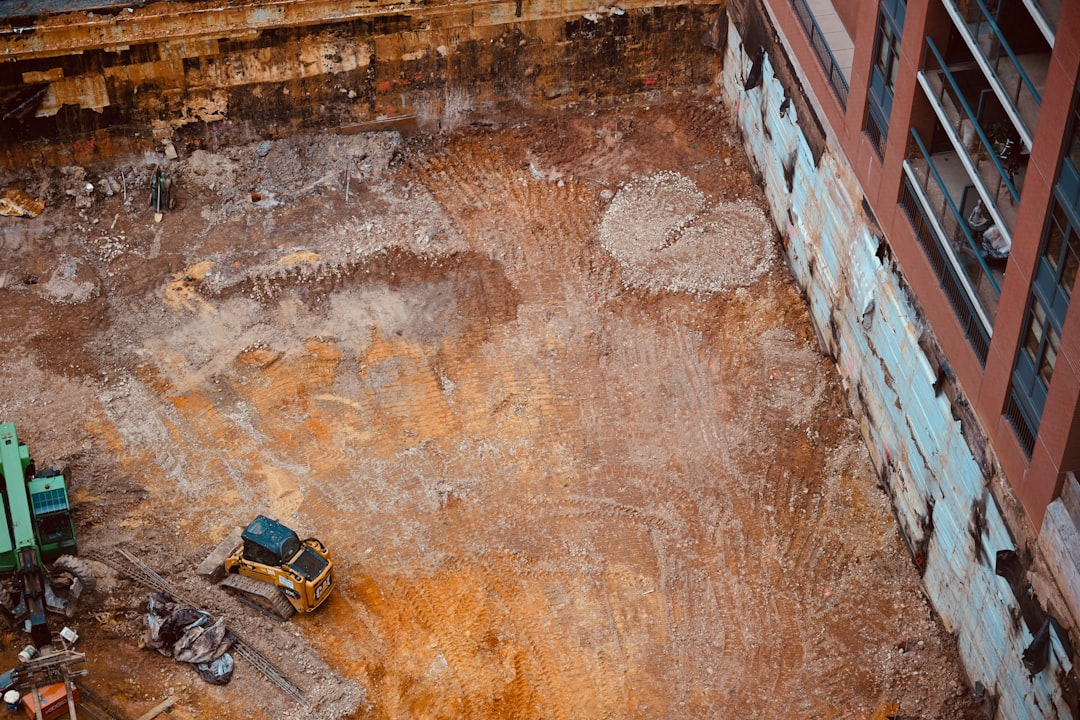
Louisville sits at the meeting point of the Ohio River Valley’s humidity and Kentucky’s four-season temperature swings. In residential construction, that translates into persistent moisture challenges—especially in crawl spaces, basements, and lower-level additions. Without a dedicated dehumidification plan, homeowners face mold, warped framing, higher energy bills, and compromised indoor air quality. Dehumidification systems typically cost between $1,000–$3,000 and $1,000–$3,000, depending on the size and complexity of the installation.
• Average summer humidity regularly climbs above 70%
• Freeze–thaw cycles stress vapor barriers each winter
• Sudden spring storms create rapid ground saturation under foundations
Builders and remodelers who integrate dehumidification early avoid costly callbacks and deliver measurable comfort gains. CountBricks clients report condenser run-time savings of up to 18% after we specify the correct crawl-space unit and airflow layout.
• Standing water or condensate in crawl spaces
• Musty odors that migrate into living areas
• Moisture-driven flooring failures over vented crawl spaces
• Unpredictable framing lumber movement during the first year of occupancy
Traditional workflow: guess at square footage, phone suppliers for pricing, build a manual quote, and hope the allowances stick.
CountBricks workflow: speak your scope into our AI estimator, and in seconds receive:
• Precisely calculated pint-per-day requirements based on Louisville climate data
• Current SKU-level pricing on name-brand crawl-space dehumidifiers
• Labor hours matched to your crew’s historic productivity rates
• A ready-to-send client proposal with branded line items
Visit CountBricks.com to see the full estimating toolkit.
1. Measure conditioned crawl-space volume in cubic feet.
2. Input groundwater risk and insulation strategy into CountBricks Blueprint Takeoff.
3. Our AI recommends the optimal unit capacity and duct kit.
4. Approve or adjust with one click and regenerate your project budget.
• Position the unit near the return plenum to distribute dry air evenly.
• Use rigid drain lines sloped 1/8 inch per foot to exterior daylight.
• Add a high-water alarm tied to the home security panel.
• Specify closed-cell foam on band joists to reduce infiltration load.
• Schedule annual filter changes in the homeowner handoff packet generated by CountBricks.
1. Seal all crawl-space vents and apply a 10-mil poly vapor barrier to the floor.
2. Hang the dehumidifier from vibration-isolating straps between joists.
3. Connect the dedicated 120 V GFCI circuit calculated in CountBricks’ electrical takeoff.
4. Route supply and return ductwork per manufacturer guidelines.
5. Tie the condensate line into a sump or gravity drain with an air gap.
6. Commission the unit at 55% relative humidity and log readings in the CountBricks punch-list app.
A recent 2,800 sq ft ranch in Fern Creek faced a high water-table and clay soil. Using CountBricks AI we:
• Modeled 3,200 cu ft crawl space requiring 90 pints/day removal
• Selected a 105 pint variable-speed unit for growth margin
• Estimated labor at 14 crew-hours including electrical
• Generated a client-approved quote in under 10 minutes
• Recorded post-move-in humidity averaging 52%
Explore more success stories at CountBricks.com.
Builders can upsell a service contract that CountBricks schedules automatically:
• Semi-annual filter replacement reminders
• Firmware updates pushed via Wi-Fi smart controls
• Crawl-space inspection with moisture meter readings
• Cloud-stored performance logs viewable by homeowners
Speed: Voice-to-estimate in seconds.
Accuracy: Live material costs and localized climate factors.
Professionalism: Branded proposals and invoices ready for e-signature.
Growth: Capture recurring revenue through automated maintenance schedules.
Contact CountBricks.com to start your next project.

CountBricks clients often ask how our estimates stack up to field reality. Below is a representative budget pulled directly from our AI platform for a 90 pint/day unit in a 2,400 sq ft home.
• 90 pint variable-speed dehumidifier: $840–$1,439
• 25 ft insulated flex duct kit: $42.60
• 10-mil reinforced vapor barrier (1,200 sq ft): $290
• PVC condensate line & fittings: $60–$150
• GFCI receptacle and 20 A breaker: $100–$300
1. Site prep and vapor barrier install: 6 hours
2. Electrical rough-in and test: 3 hours
3. Unit mounting and ductwork: 4 hours
4. Commissioning and homeowner walk-through: 1 hour
CountBricks tracks your crew’s historic productivity, so these hours auto-adjust as your team gets faster.
• Permit and inspection fees: $150–$350
• Consumables (fasteners, tape, sealant): $20–$50
• Recommended contractor profit: 18%
The final turnkey price presented to the homeowner is packaged in a polished PDF branded with your logo via CountBricks.com.
Louisville’s humidity spikes don’t end at closing day. CountBricks’ maintenance scheduler emails both you and the homeowner when filter changes or performance checks are due. Each visit generates a new invoice in seconds, ensuring your revenue stream continues while the client enjoys a worry-free, dry crawl space.
• Set the humidistat no lower than 50% to avoid excess energy use
• Keep supply vents at least 6 ft from return grills to prevent short-cycling
• Insulate all cold water lines to eliminate radiant condensation
• Photograph the crawl space during each visit and store images in CountBricks cloud notes
• Offer homeowners an annual bundle that combines dehumidifier service with HVAC tune-ups for higher ticket value
Ready to integrate dehumidification into every Louisville build? Book a personalized demo at CountBricks.com and see how quickly our AI boosts your bottom line.